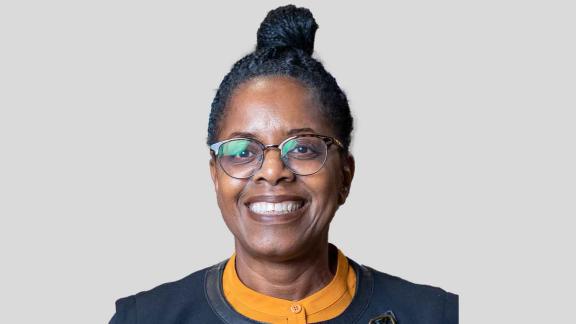Rise in BME and disabled leaders encouraging but challenges remain

Responding to the publication of NHS Workforce Race Equality
Standard (WRES) and Workforce Disability Equality Standard (WDES) Joan Saddler, director of partnerships and equality at the NHS Confederation, said:
“It is encouraging to see more leaders from black and minority ethnic communities progressing in their careers, as supported by the NHS Confederation’s 2022 taskforce report and our tailormade recruitment support rolled out particularly for Integrated Care Systems. The challenge now will be to keep them in those roles where diversity of thought is integrated into board governance.
“As the WRES data shows, BME applicants are still less likely to be appointed than their white counterparts and we know BME staff remain more likely to be subject to disciplinary processes. It is crucial that these leaders remain supported to carry out their roles without fear of discrimination or harassment. It is not enough to just recruit people, we have to engage and retain them.
“Representation itself will not change the power structures that lead to inequality. It’s about dismantling those structures of power by widening the pool of insight and understanding of what life is like in this country so that all experiences are heard and acted upon.
“We are also pleased that declaration of disability has increased. It is crucial that staff are able to work and lead as their authentic selves but there is still huge progress to be made in representation of people with disabilities in senior leadership roles.
“Increased diversity at leadership level is crucial to improved decision-making within healthcare services, as highlighted in the Messenger Review. Board leaders must ensure that increased diversity leads to reducing health inequalities and improved care for all.”


